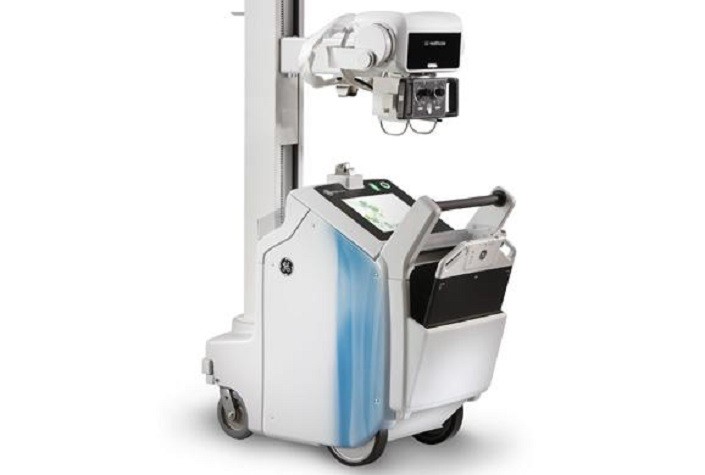Things you can do to help maintain your brain health
Brain fitness is having brain-based emotional, cognitive, and self-regulation capacities needed to succeed in one's environment. Brain fitness refers to different techniques and strategies such as cognitive training to keep the brain 'in shape' by being engaged in mental exercises that target and engage the senses, memory, and attention. For all ages, as well as for people suffering from ADHD, learning disorders, memory loss, and even brain injury, keeping the brain' fit' is recognised as helpful and important.
Get Sample PDF Of Brain Fitnees
Neuroscience is discovering new, effective ways to develop our brains for enhanced mental strength and performance. What we are learning about neuroplasticity means that, at any age, through training, we can change our brains to become even more mentally strong, healthy, and fit. Much as we need specific physical exercises and movement to build bodily strength, agility, and resilience; we can also benefit from exercises — or practices — to strengthen our minds, mental performance, and well-being. We can tap this immense potential to experience greater courage, confidence, composure, clarity, and creativity, the 5 Cs of mental strength we need to cultivate happier, healthier, and more rewarding lives.
Brain fitness has quickly become a mainstream aspiration among baby boomers and elders, primarily in North America. It has fueled a growing interest in brain fitness classes, brain fitness centers, and brain fitness programs, along with attendant opportunities and challenges. An increasing number of adults want useful tools to protect cognitive health and performance—not necessarily to reverse aging—and what they are finding is an expanding and noisy marketplace where they (and also professionals) need to carefully evaluate their own needs and the available options. The recent discovery that experience can change brain structure and function at any age has inspired a range of health, education, and productivity applications whose value and limitations we are only starting to grasp. If you can envision the array of equipment available to train different muscles in a typical modern health club, you can anticipate the value—and perhaps the limitations—of having an expanding toolkit to measure and enhance cognition and mental wellness. The burgeoning brain fitness industry needs to define and refine itself, to mature, before it can be as established as today’s physical fitness industry.





No comments:
Post a Comment